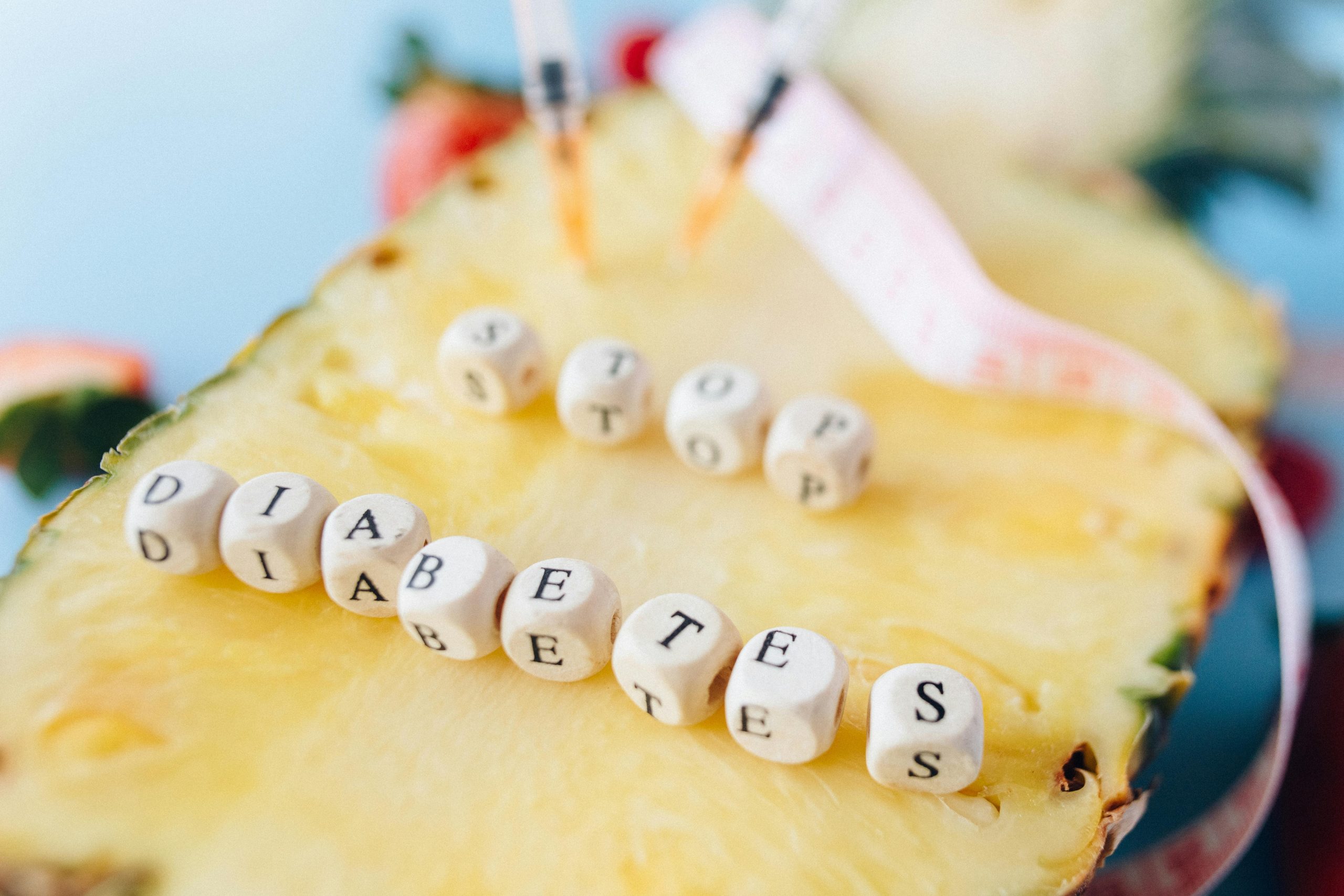In the world of nutrition, misinformation spreads faster than facts. With so many diet trends and conflicting advice, it’s easy to fall for myths that can sabotage your health goals. Whether you’re trying to lose weight, build muscle, or simply eat healthier, it’s time to separate fact from fiction. Here are 10 common diet myths you need to stop believing today.
Myth 1: Carbs Are the Enemy
Carbohydrates have been demonized by many popular diets, but the truth is, not all carbs are bad. While refined carbs like white bread and sugary snacks can lead to weight gain and blood sugar spikes, complex carbs like whole grains, fruits, and vegetables are essential for energy and overall health.
Why it’s wrong: Your body needs carbs for fuel, especially your brain. Cutting them out completely can lead to fatigue, nutrient deficiencies, and even cravings that backfire.
What to do instead: Focus on high-fiber, nutrient-dense carbs and avoid processed options.
Myth 2: Fat Makes You Fat
For decades, fat was blamed for weight gain and heart disease. However, healthy fats—like those found in avocados, nuts, and olive oil—are crucial for hormone production, brain function, and satiety.
Why it’s wrong: Fat doesn’t directly cause weight gain; excess calories do. In fact, healthy fats can help you feel full longer, reducing overeating.
What to do instead: Include moderate amounts of healthy fats in your diet and avoid trans fats found in processed foods.
Myth 3: Skipping Meals Helps You Lose Weight
Many people believe that skipping meals, especially breakfast, will help them shed pounds faster. However, this often leads to overeating later in the day and slows down metabolism.
Why it’s wrong: Your body needs consistent fuel to function optimally. Skipping meals can cause blood sugar crashes, increased cravings, and even muscle loss.
What to do instead: Eat balanced meals at regular intervals to maintain energy levels and avoid binge eating.
Myth 4: All Calories Are Created Equal
While calorie counting can be useful for weight management, not all calories affect your body the same way. A 100-calorie soda impacts your metabolism differently than 100 calories of broccoli.
Why it’s wrong: Nutrient-dense foods support metabolism, digestion, and overall health, while empty calories from processed foods can lead to inflammation and weight gain.
What to do instead: Focus on whole, unprocessed foods that provide vitamins, minerals, and fiber.
Myth 5: You Need to Detox with Juices or Cleanses
Detox diets and juice cleanses promise quick weight loss and toxin removal, but your liver and kidneys already handle detoxification naturally.
Why it’s wrong: Most detox programs are low in protein and essential nutrients, leading to muscle loss and energy crashes. Any weight lost is usually water weight, not fat.
What to do instead: Support your body’s natural detox systems by staying hydrated, eating fiber-rich foods, and limiting processed foods.
Myth 6: Eating Late at Night Causes Weight Gain
The idea that eating after 8 PM leads to weight gain is a persistent myth. What matters more is what and how much you eat, not when.
Why it’s wrong: Your body doesn’t process calories differently at night. However, late-night snacking often involves unhealthy choices like chips or sweets.
What to do instead: If you’re hungry at night, opt for a light, protein-rich snack like Greek yogurt or a handful of nuts.
Myth 7: Gluten-Free Means Healthier
Unless you have celiac disease or gluten sensitivity, gluten-free products aren’t inherently healthier. Many gluten-free processed foods are high in sugar and unhealthy fats.
Why it’s wrong: Gluten-free doesn’t equal nutrient-dense. Whole grains containing gluten, like quinoa and barley, offer valuable nutrients.
What to do instead: Only avoid gluten if medically necessary, and choose naturally gluten-free whole foods like fruits, vegetables, and lean proteins.
Myth 8: High-Protein Diets Are Best for Everyone
While protein is essential for muscle repair and satiety, excessive protein intake—especially from animal sources—can strain the kidneys and lead to nutrient imbalances.
Why it’s wrong: Everyone’s protein needs vary based on activity level, age, and health status. Too much protein can displace other important nutrients.
What to do instead: Aim for a balanced intake of protein, carbs, and fats tailored to your individual needs.
Myth 9: Organic Food Is Always Healthier
Organic foods reduce exposure to pesticides, but they aren’t necessarily more nutritious. A conventionally grown apple is still healthier than an organic cookie.
Why it’s wrong: Organic doesn’t automatically mean low-calorie or nutrient-rich. The healthiest choice is whole, minimally processed food, whether organic or not.
What to do instead: Prioritize whole foods and wash produce thoroughly to reduce pesticide residue.
